National Autistic Society students pilot VR and haptics for improved learning
)
Supported by The Worshipful Company of Glovers, a UK trade association formed in 1349, pupils at the National Autistic Society school in Southall and Acton are piloting “fully immersive and interactive” virtual reality headsets, controllers, and motion tracking haptic gloves.
The technology is being used by autistic students of varying ages at Sybil Elgar School, enabling experience in real-world scenarios using VR headsets with motion tracking haptic feedback gloves, with a 360-degree camera to create virtual tours.
The students are using VR headsets, donated by the Glovers, as well as Senso haptic feedback gloves with a gaming platform, benefiting students with hand challenges, such as cerebral palsy, which can make it difficult for students to spread their fingers when carrying out activities such as piano playing.
The gloves track finger movements and gestures, allowing students to control VR programmes, practice skills in a virtual environment, and develop motor skills for everyday tasks. Students control the games on a laptop screen, and are encouraged to move their hands in specific ways, such as by opening and closing their index finger and thumb.
The school also hosted a lecture, titled Autism Approaches: Enhancing skills with virtual reality and motion tracking haptic gloves, hosted by Tess Steventon, occupational therapist, Sybil Elgar School – National Autistic Society, Marius Byleveld, accessibility and innovation coordinator, Sybil Elgar School – National Autistic Society, and Professor Tim Connell, Emertius Professor, City, University of London.
Byleveld commented: “In this talk, we will share our experiences so far with putting on the gloves of the future and getting virtual reality to work for autistic people. We will discuss the current shortcomings of the technology as applied to our educational setting, as well as our plans for integrating it into our curriculum and therapeutic offerings”.
Source: Inavate


